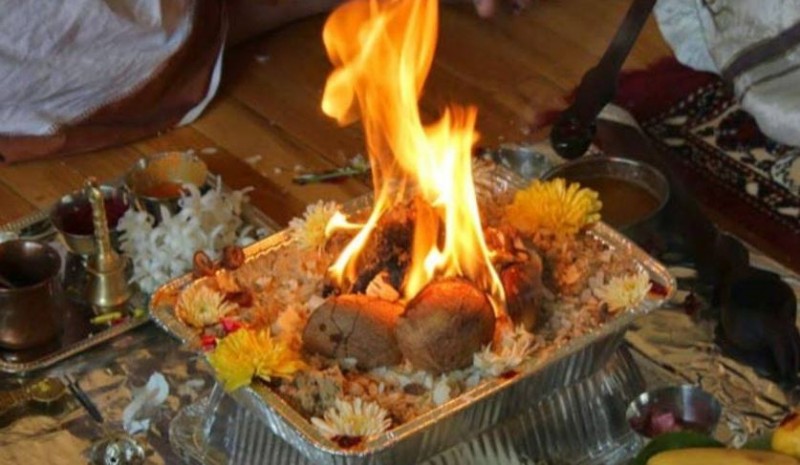
Coconuts, often referred to as the "fruit of the Gods," hold a revered position in Hindu rituals and ceremonies. Their use spans various religious occasions, from daily pujas to elaborate havans and auspicious ceremonies like weddings and housewarming rituals. In this comprehensive exploration, we delve into the intricate significance of coconuts in Hinduism, understanding their symbolic representation, religious beliefs, and mythological origins.
Symbolism and Religious Beliefs:
In Hinduism, coconuts symbolize purity, fertility, and divine blessings. They are believed to embody the essence of purity and auspiciousness, making them indispensable in religious practices. The round shape of the coconut represents the divine cosmic consciousness, while its hard outer shell symbolizes the physical world. Breaking open the coconut signifies breaking the ego and offering the essence of oneself to the divine.
According to religious beliefs, conducting a puja or havan without the inclusion of coconuts is considered incomplete. Coconuts are associated with prosperity, abundance, and fulfillment of desires, making them an integral part of religious offerings. Lord Vishnu and Goddess Lakshmi, the presiding deities of wealth and prosperity, are particularly fond of coconuts, and their inclusion in rituals is believed to invoke their blessings upon devotees.
Mythological Origins:
The significance of coconuts in Hindu rituals can be traced back to ancient mythology. According to legends, when the Devas (celestial beings) and Asuras (demons) churned the ocean of milk (Samudra Manthan) to obtain the elixir of immortality (amrita), various divine treasures emerged from the ocean, including the Kalpavriksha or wish-fulfilling tree. Lord Vishnu and Goddess Lakshmi planted this tree on earth, and it is believed to bear coconuts, symbolizing divine blessings and abundance.
Coconuts in Havans:
Havans, also known as Yagnas or fire rituals, hold immense significance in Hinduism. They are performed to invoke the blessings of deities, purify the environment, and dispel negative energies. Coconuts play a vital role in havans, where they are often offered to the sacred fire as a symbol of devotion and surrender to the divine.
The burning of coconuts during havans is believed to generate positive vibrations and cleanse the surroundings. Astrologers and priests recommend the inclusion of coconuts in havans to bring harmony, prosperity, and spiritual upliftment to the participants. The fragrance of burning coconut husks is considered auspicious and is believed to attract divine energies, thereby sanctifying the environment and bestowing blessings upon the devotees.
In conclusion, coconuts occupy a central place in Hindu rituals and ceremonies, embodying purity, auspiciousness, and divine blessings. Their symbolic significance, rooted in religious beliefs and mythological narratives, underscores their importance in religious practices. Whether used in daily pujas, elaborate havans, or auspicious ceremonies, coconuts continue to play a pivotal role in invoking divine grace and fostering spiritual growth among devotees.
Janjati Community Rallies Across Jharkhand, Advocates Nationwide Delisting Initiative
Arrests Made Over Controversial Play Mocking Lord Ram and Goddess Sita